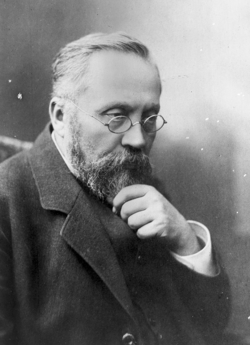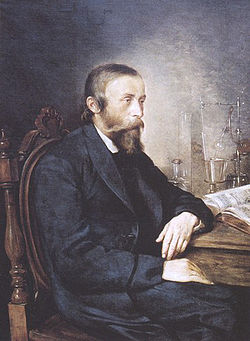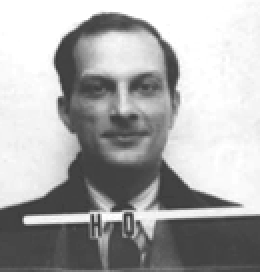
This is a list of Polish inventors and discoverers . The following incomplete list comprises people from Poland and of Polish origin, and also people of predominantly Polish heritage, in alphabetical order of surname.
Contents
















This is a list of Polish inventors and discoverers . The following incomplete list comprises people from Poland and of Polish origin, and also people of predominantly Polish heritage, in alphabetical order of surname.















1877-1938
Dr. Ludwik Gross, who influenced cancer research by showing that viruses could cause cancers in animals, died on Monday at Montefiore Medical Center in the Bronx. He was 94 and lived in the Riverdale section of the Bronx. The cause was stomach cancer, said his daughter, Dr. Augusta H. Gross.